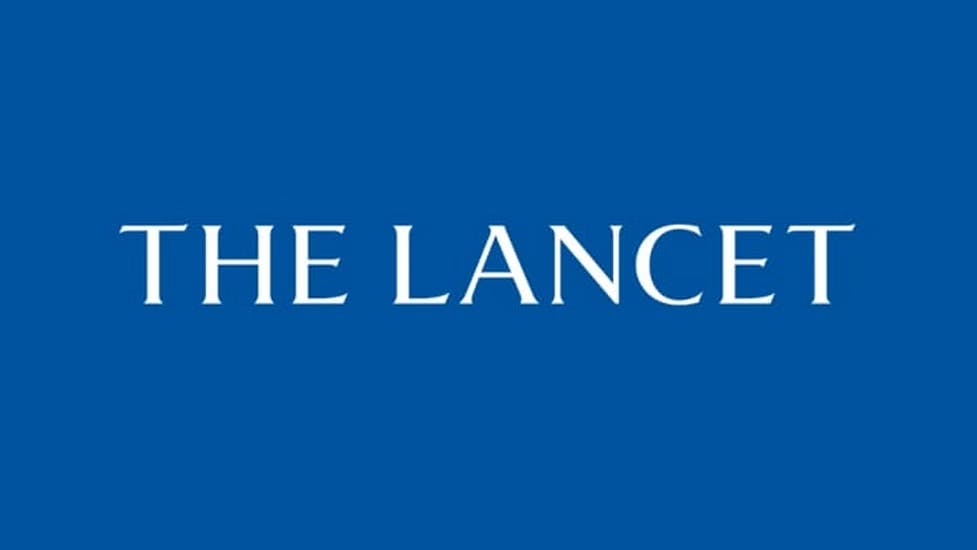Development of a multiomics model for identification of predictive biomarkers for COVID-19 severity: a retrospective cohort study
July 11 2022
COVID-19 is a multi-system disorder with high variability in clinical outcomes among patients who are admitted to hospital. Although some cytokines such as interleukin (IL)-6 are believed to be associated with severity, there are no early biomarkers that can reliably predict patients who are more likely to have adverse outcomes. Thus, it is crucial to discover predictive markers of serious complications.
In this retrospective cohort study, we analysed samples from 455 participants with COVID-19 who had had a positive SARS-CoV-2 RT-PCR result between April 14, 2020, and Dec 1, 2020 and who had visited one of three Mayo Clinic sites in the USA (Minnesota, Arizona, or Florida) in the same period. These participants were assigned to three subgroups depending on disease severity as defined by the WHO ordinal scale of clinical improvement (outpatient, severe, or critical). Our control cohort comprised of 182 anonymised age-matched and sex-matched plasma samples that were available from the Mayo Clinic Biorepository and banked before the COVID-19 pandemic. We did a deep profiling of circulatory cytokines and other proteins, lipids, and metabolites from both cohorts. Most patient samples were collected before, or around the time of, hospital admission, representing ideal samples for predictive biomarker discovery. We used proximity extension assays to quantify cytokines and circulatory proteins and tandem mass spectrometry to measure lipids and metabolites. Biomarker discovery was done by applying an AutoGluon-tabular classifier to a multiomics dataset, producing a stacked ensemble of cutting-edge machine learning algorithms. Global proteomics and glycoproteomics on a subset of patient samples with matched pre-COVID-19 plasma samples was also done.
Authors: Seul Kee Byeon, Anil K Madugundu, Kishore Garapati, Madan Gopal Ramarajan, Mayank Saraswat, Praveen Kumar-M, Travis Hughes, Rameen Shah, Mrinal M Patnaik, Nicholas Chia, Susan Ashrafzadeh-Kian, Joseph D Yao, Bobbi S Pritt, Roberto Cattaneo, Mohamed E Salama, Roman M Zenka, Benjamin R Kipp, Stefan K G Grebe, Ravinder J Singh, Amir A Sadighi Akha, Alicia Algeciras-Schimnich, Surendra Dasari, Janet E Olson, Jesse R Walsh, A J Venkatakrishnan, Garrett Jenkinson, John C O’Horo, Andrew D Badley, Akhilesh Pandey
